
Explore alternatives to 'best practices' such as 'proven strategies' and more effective phrases for communication.
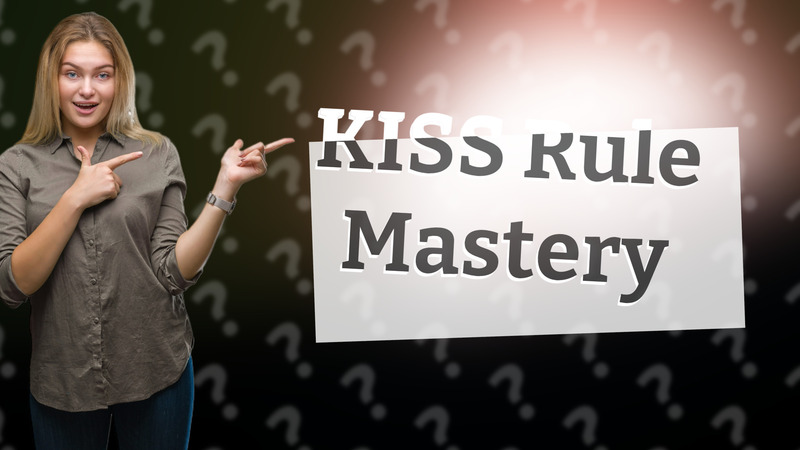
Learn about the KISS rule in public speaking and how it can enhance your communication skills for better audience engagement.
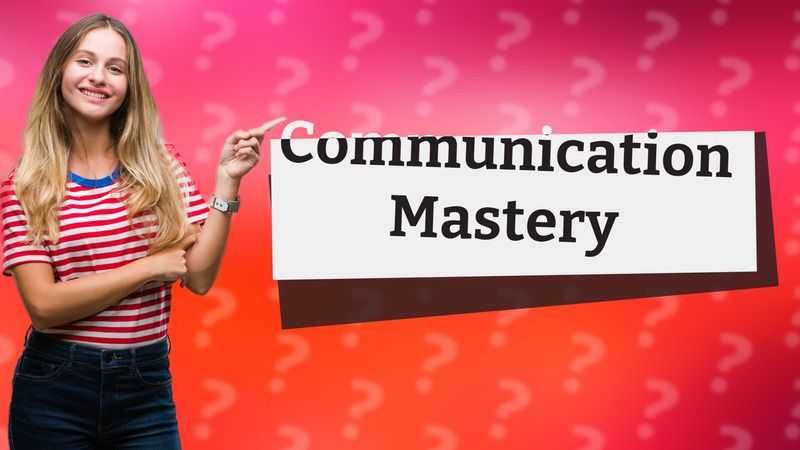
Learn about the 8 major forms of communication that enhance personal and professional interactions.
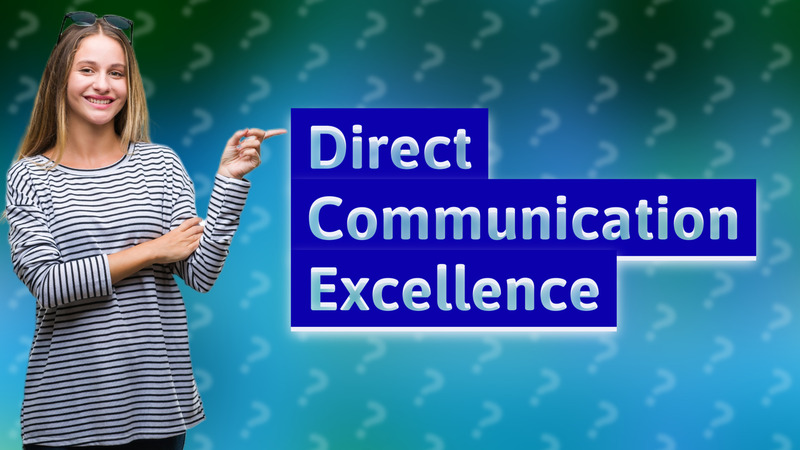
Learn the key traits of direct communication that enhance clarity and efficiency in conversations.
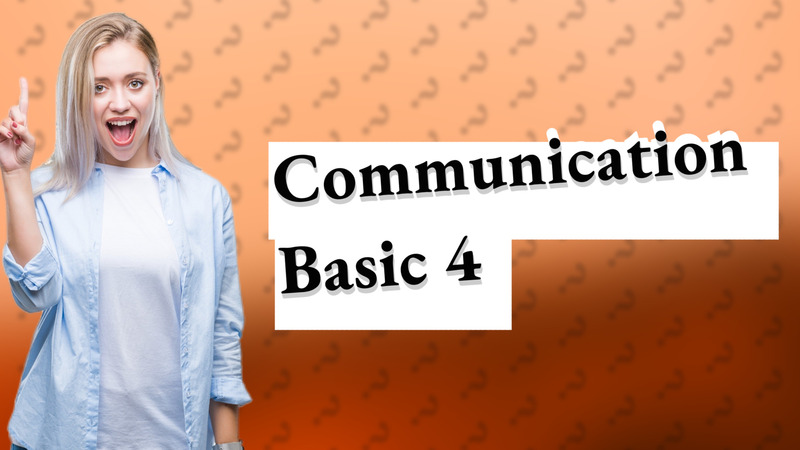
Discover the four fundamental principles of effective communication: clarity, conciseness, consistency, and feedback.
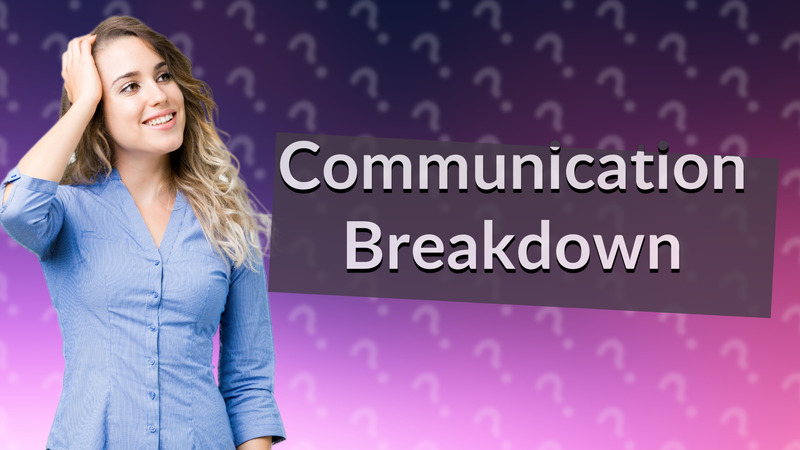
Discover the 55%, 38%, 7% rule in communication by Albert Mehrabian for effective non-verbal communication and tone.
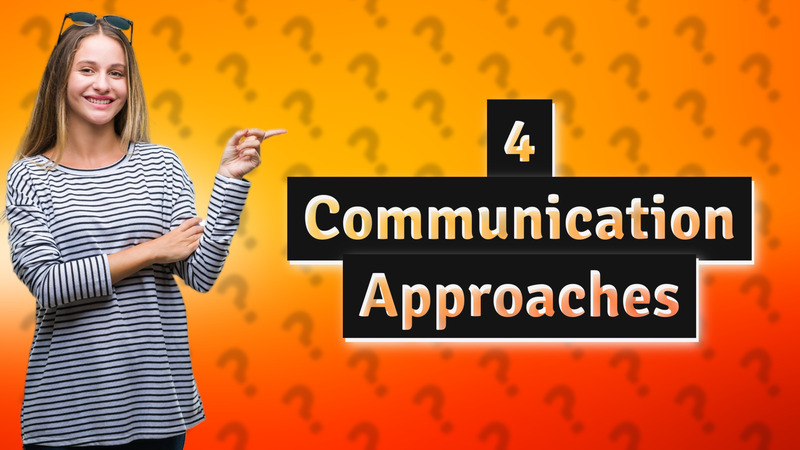
Discover the four essential approaches to communication: verbal, nonverbal, written, and visual.
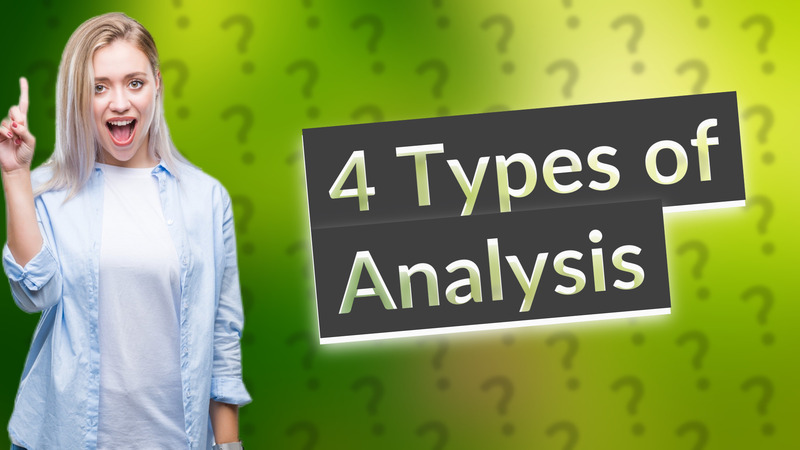
Learn about the four key types of analytical communication: quantitative, qualitative, textual, and visual analysis.
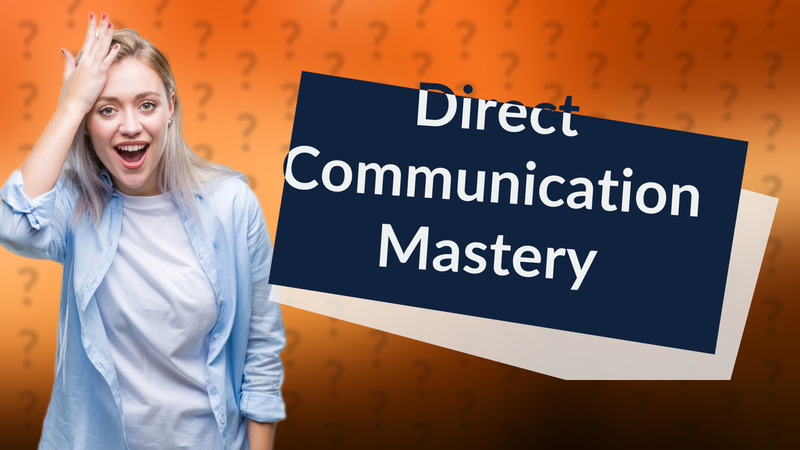
Learn what direct communication style is and how it can enhance clarity and efficiency in professional settings.
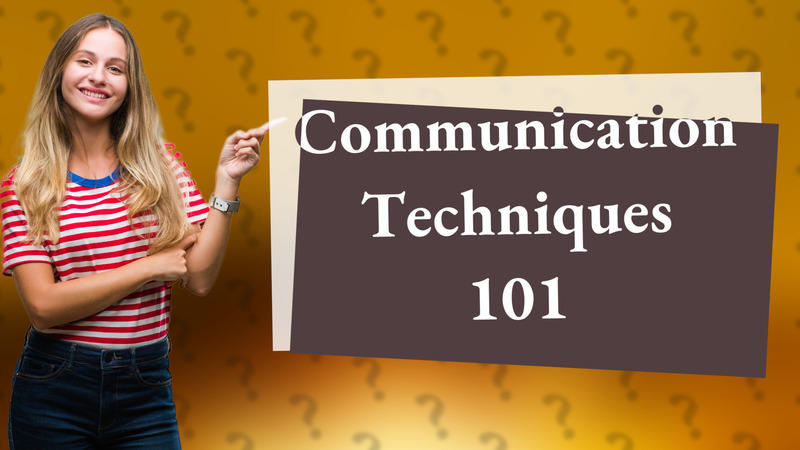
Explore the essential types of communication: verbal, non-verbal, and written for effective information exchange.
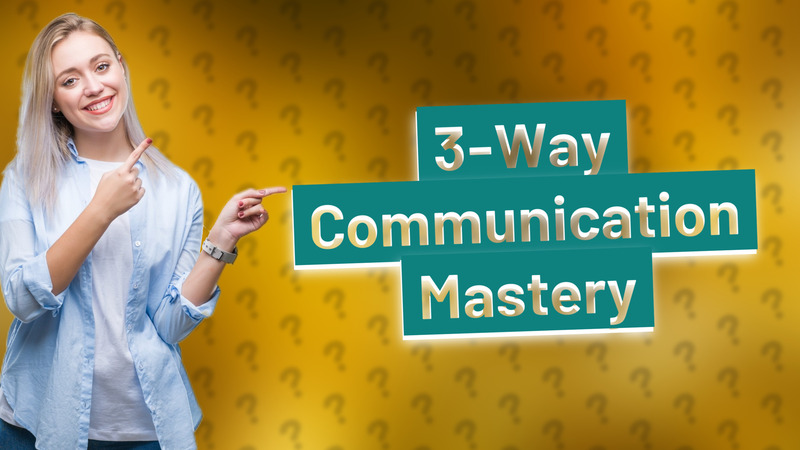
Explore 3-way communication for effective interaction and minimizing misunderstandings in your personal and professional life.
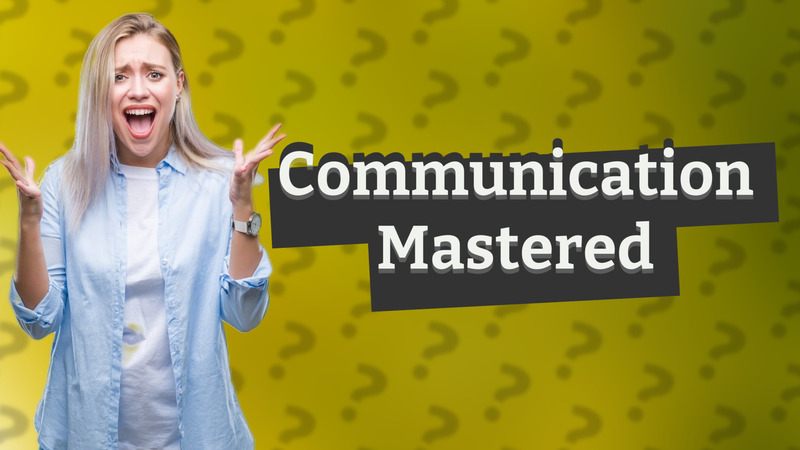
Discover the 7 essential characteristics of effective communication to improve clarity and reduce misunderstandings.
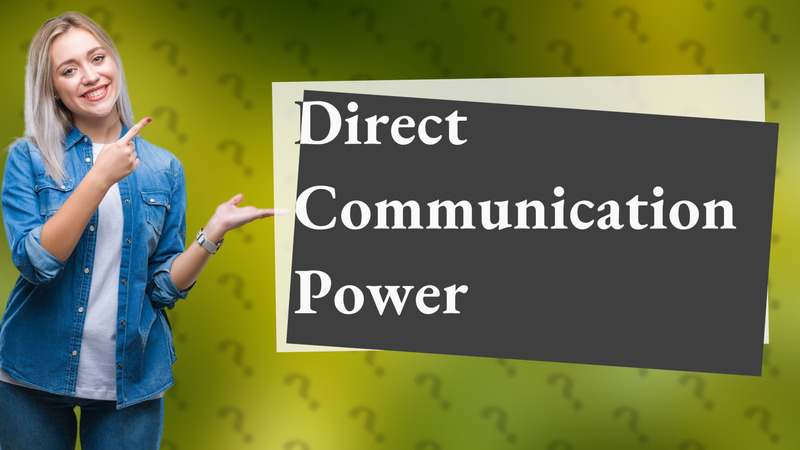
Learn what direct communication is and see an example that illustrates its effectiveness in clear interactions.

Explore D style in the DISC personality assessment, its traits, and how it impacts communication and teamwork.
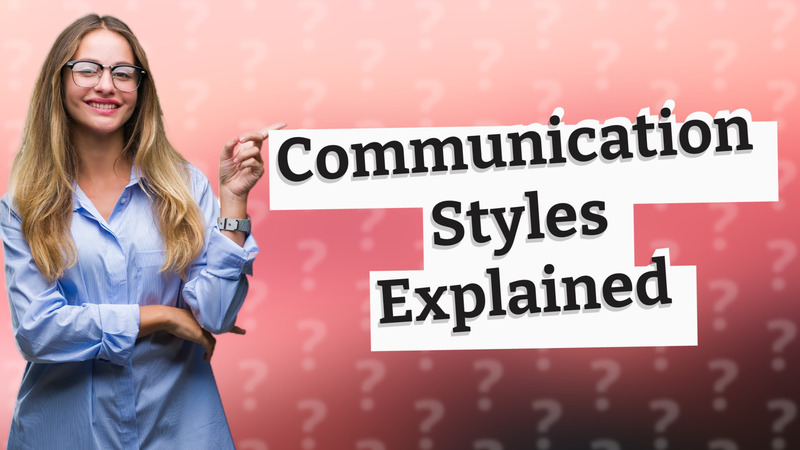
Learn the differences between direct and indirect communication styles and when to use each for effective messaging.
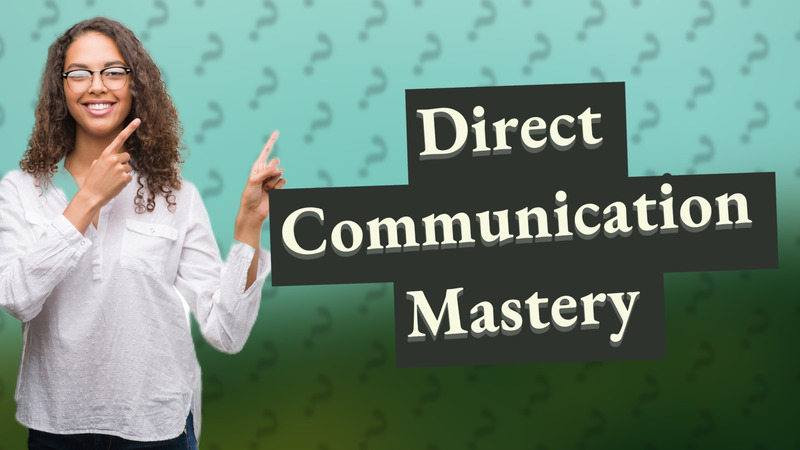
Learn about direct communication, its key features, and how it enhances effective interactions.
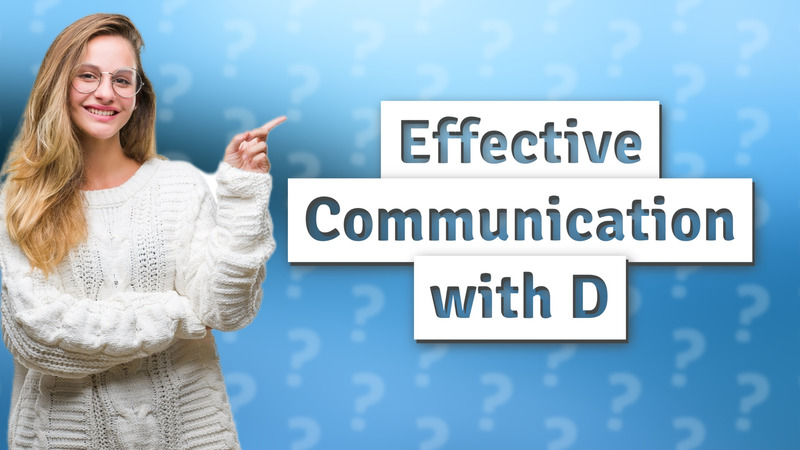
Discover how to communicate clearly and professionally with D using these strategies.
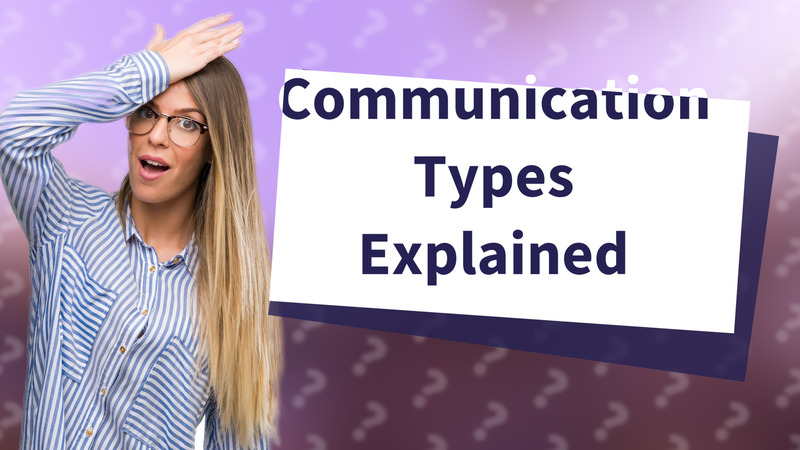
Explore the three main types of communication: verbal, non-verbal, and written, and learn how to communicate effectively.
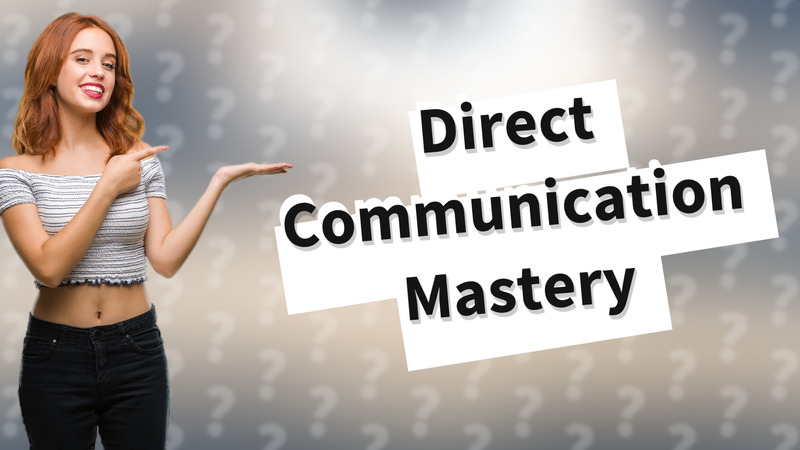
Explore direct communication styles, their benefits, and how they enhance clarity and productivity in conversations.
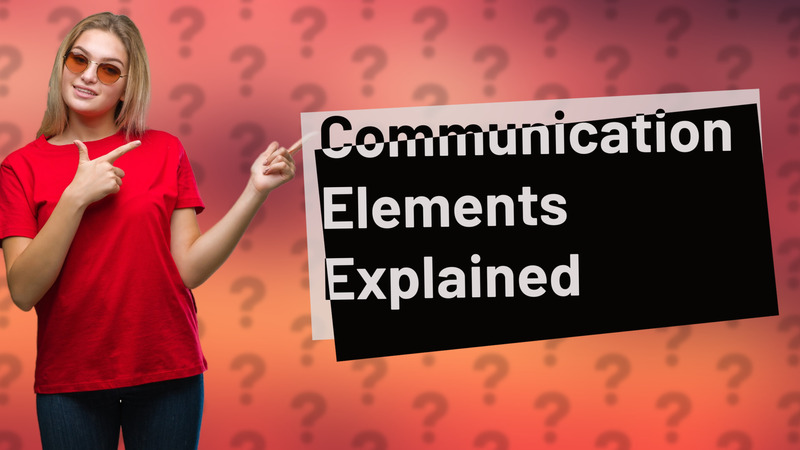
Discover the four key elements of communication: Sender, Message, Receiver, and Feedback, and their importance in effective exchanges.
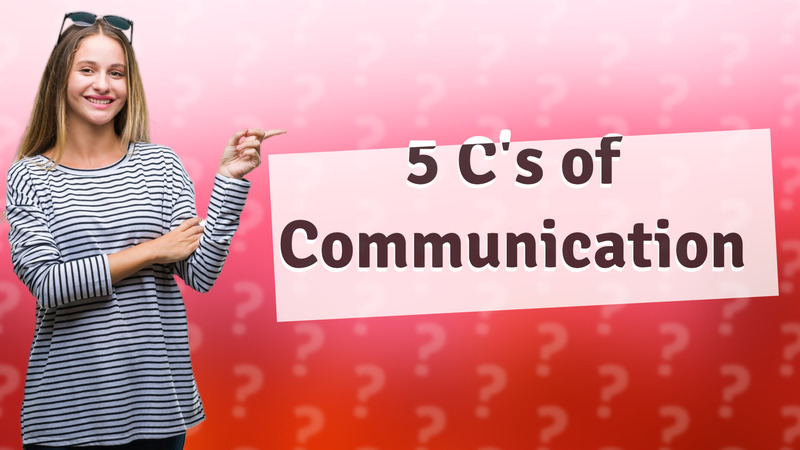
Learn about the 5 C's of communication: Clarity, Conciseness, Consistency, Content, and Courtesy for effective messaging.

Learn about the 5 critical gaps impacting performance: knowledge, skills, motivation, environmental, and communication gaps.
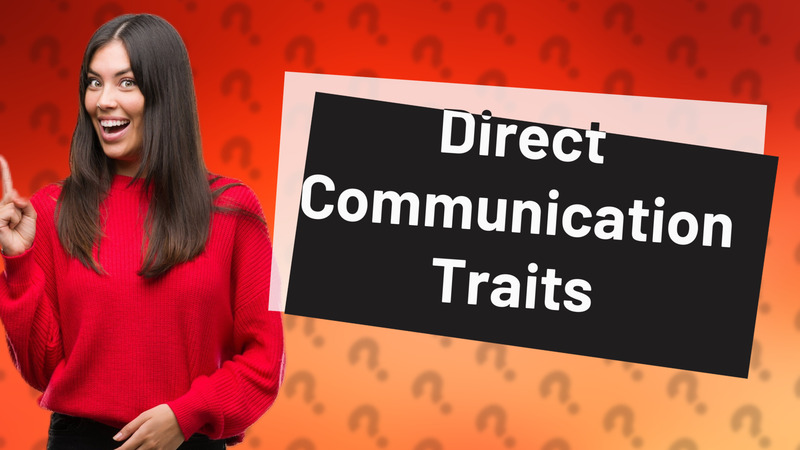
Discover the key traits of direct communication styles for clearer, effective interactions in business and personal settings.
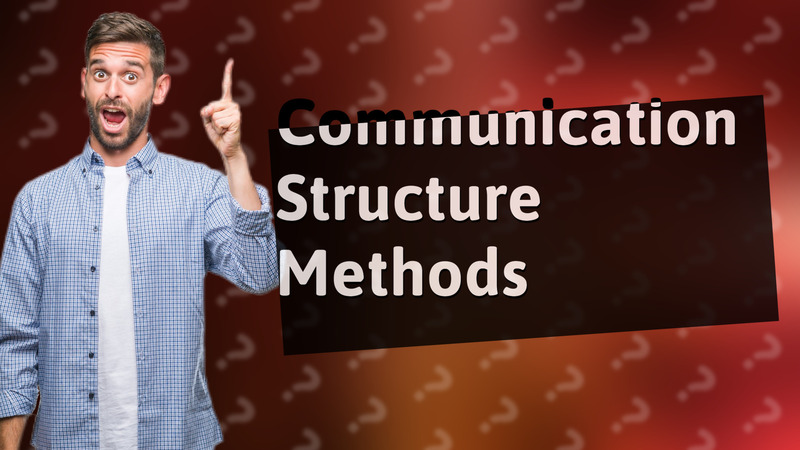
Discover key methods of structure for effective communication: chronological, problem-solution, cause-effect, compare-contrast, and hierarchical.
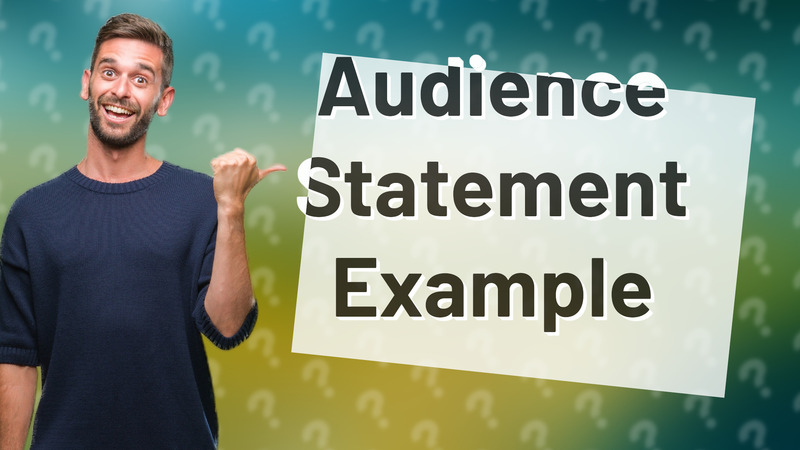
Discover what an audience statement is, complete with an insightful example to enhance your understanding of audience targeting.